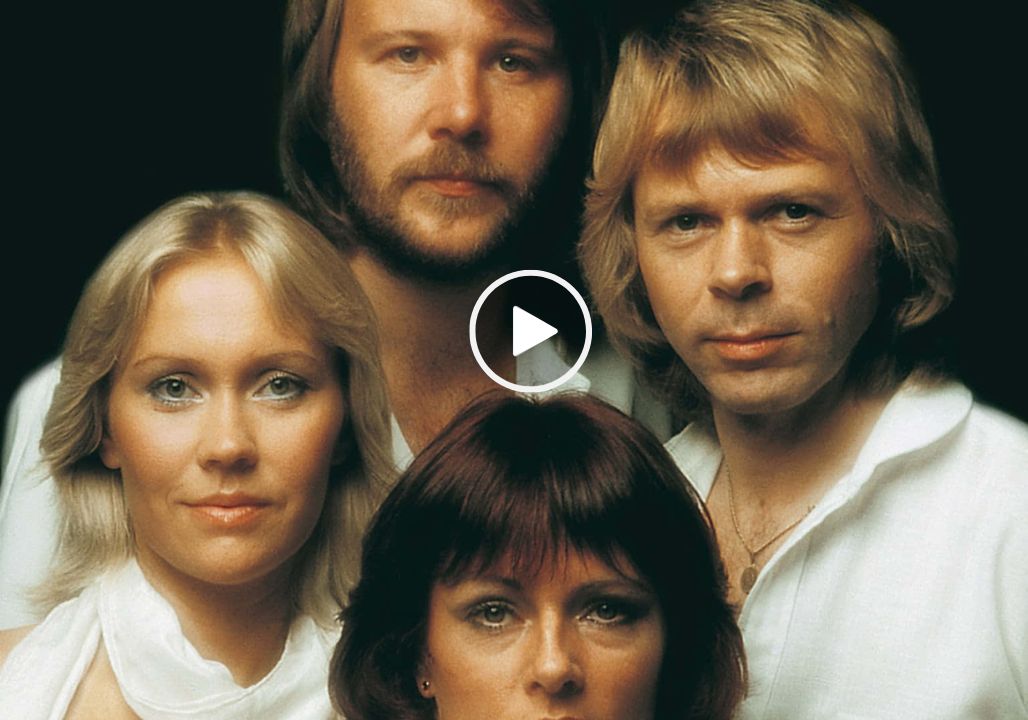Introduction

A Somber Departure: Unveiling ABBA’s “I Let the Music Speak”
ABBA’s 1981 song “I Let the Music Speak” marked a significant shift in their musical direction. This track, featured on their final album “The Visitors,” stands in stark contrast to their usual bright, pop-driven sound. Let’s delve into the history of the song and explore its significance within ABBA’s legacy.
Composed by Benny Andersson and Björn Ulvaeus, the band’s principal songwriters, “I Let the Music Speak” reflects a change in their personal and creative landscape. By 1981, both songwriters were navigating personal struggles amidst the backdrop of the Cold War. These factors contributed to a more introspective and politically-charged sound on “The Visitors,” a stark contrast to the carefree pop anthems ABBA was known for.
The opening notes of “I Let the Music Speak” establish a sense of unease, punctuated by a prominent piano melody. The lyrics paint a picture of a world on the brink of conflict, questioning if war is imminent. Lines like “Is it the silence before the storm?” and “Are the bugles calling us home?” create a sense of foreboding.
However, the song’s title holds the key to its message. ABBA suggests that when words fail to capture the complexities of the situation, music can bridge the gap. The melancholic melody and Frida Lyngstad’s powerful vocals evoke a deep sense of emotion, a stark contrast to the celebratory nature of traditional war anthems.
“I Let the Music Speak” isn’t just a lament; it’s a call to action. The lyrics urge listeners not to turn a blind eye: “Let’s not look the other way / Taking a chance / ‘Cause if the bugler starts to play / We too must dance.” This line highlights the shared responsibility everyone holds for the consequences of war.
Within ABBA’s vast catalog, “I Let the Music Speak” stands out as a powerful and poignant commentary on the human cost of war. It’s a song that challenges listeners to confront difficult realities and compels them to find solace in the universal language of music.
